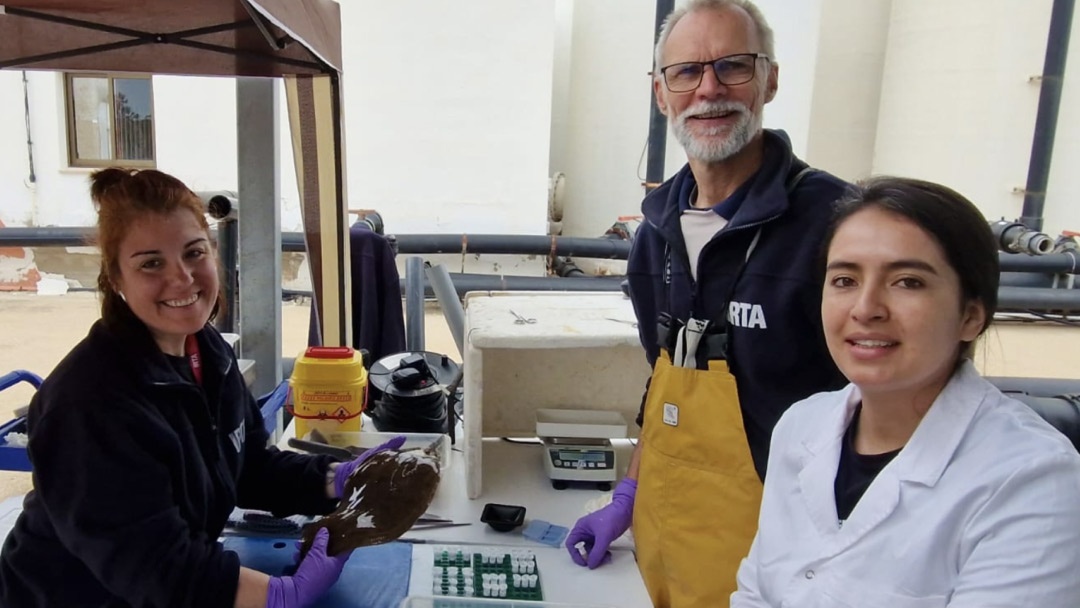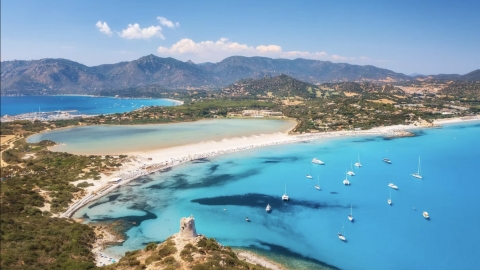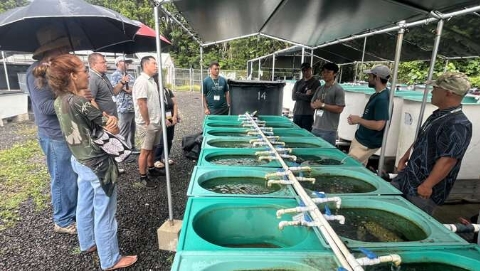
The Institute of Agrifood Research and Technology (IRTA) and SEA EIGHT, one of the leading producers of Senegalese sole (Solea senegalensis), have signed a collaboration agreement to improve the breeding of this high-value species, which is considered strategic for the Mediterranean aquaculture sector. The four-year research project aims to optimise reproductive synchronisation and improve the quality of gametes—both oocytes and sperm—to ensure stable, efficient and sustainable production.
The Senegalese sole is a flatfish species highly prized for its gastronomic qualities and economic value, with increasing demand among European consumers. In 2024, production across Europe reached 2,600 tonnes. However, reproducing this species in captivity remains one of the sector’s main bottlenecks.
Key challenges include poor synchronisation in spawning, low sperm quality in second-generation broodstock, and the ongoing difficulty of establishing reliable fertilisation protocols that do not rely on wild-caught specimens.
To address these challenges, IRTA has upgraded its infrastructure and developed a dedicated unit for the maintenance and management of sole broodstock. The facility integrates IRTA’s proprietary IRTAmar technology, which allows precise control of critical environmental parameters such as photoperiod and water temperature—two key factors in inducing sexual maturation and improving reproductive synchrony.
The research will also involve the use of hormonal protocols, tailored nutritional and environmental strategies, and advanced techniques such as in vitro fertilisation and sperm cryopreservation. These approaches will help identify and select broodstock with the highest reproductive potential and enhance the quality and consistency of production.
According to Neil Duncan and Elvira Fatsini, researchers from IRTA’s aquaculture programme, “Our challenge is to better understand the reproductive physiology of the sole so we can apply targeted, effective solutions. This collaboration will allow us to develop robust breeding protocols while transferring this knowledge to companies to support more efficient and sustainable aquaculture.”
This initiative reinforces an existing relationship between IRTA and SEA EIGHT, and exemplifies how public-private collaboration can provide real solutions to current industry challenges.
In addition, both organisations have agreed to work jointly to identify public funding opportunities that will support the upscaling and consolidation of this research, with the goal of achieving a more efficient, sustainable and fully industrialised sole production system.



